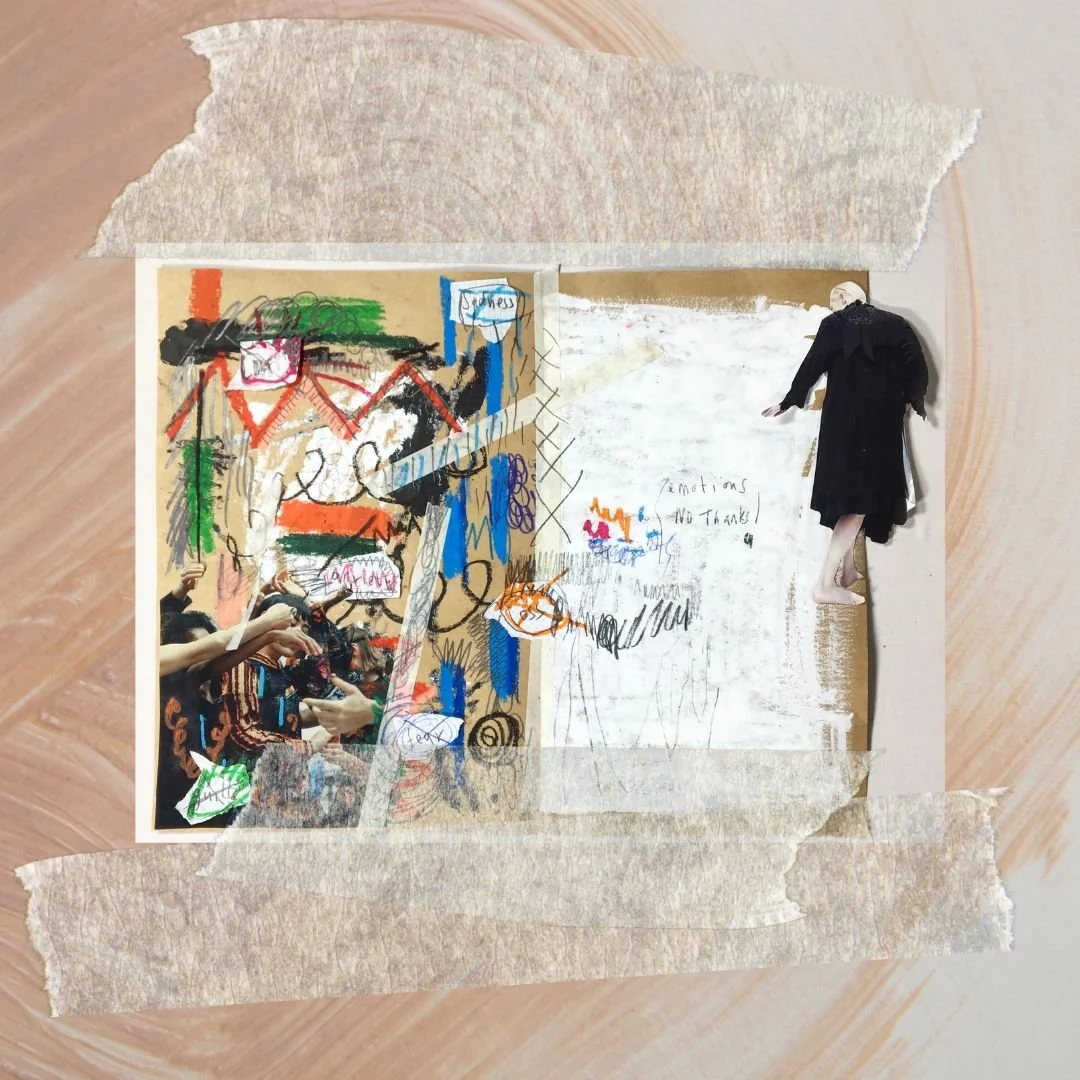What is EMDR?
EMDR stands for Eye Movement Desensitisation and Reprocessing.
It is a comprehensive psychotherapy that helps you process and recover from past experiences that are affecting your mental health and wellbeing.
EMDR helps people recover from problems triggered by traumatic events in their lives. It can stop difficult memories causing so much distress by helping the brain to reprocess them properly, working with memory to heal past pain.
EMDR therapy is best known for treating PTSD but it can be used to help with a range of mental health difficulties including anxiety, depression, addictions, behavioural difficulties, relationship issues and other mental illnesses.
Internationally recognised, EMDR therapy is endorsed by the National Institute for Health and Care Excellence; the World Health Organisation; The International Society for Traumatic Stress Studies; the NHS (in the UK); and many other bodies.
How EMDR does it work?
EMDR aims to help the brain “unstick” and utilises the natural healing ability of your body, to reprocess the memory properly so that it is no longer so intense. It also helps to desensitise the person to the emotional impact of the memory, so that they can think about the event without experiencing such strong feelings.
EMDR is based on the Adaptive Information Processing Model (AIP).
AIP assumes that there is an information processing system in the brain that gets blocked when difficult or traumatic events occur.
When these memories are stored in their unprocessed state they can result in emotional problems and psychological difficulties.
Often the memory itself is long forgotten, but the painful feelings such as anxiety, panic, anger or despair are continually triggered in the present.
Holly will support you to access these difficult memories and believes using bi lateral stimulation, through eye movements or tapping activating your bodies natural healing process. Your memories will not be forgotten but you may experience less physiological responses towards them, with the hope of feeling calmer and grounded.
Book a free 15 minute consultation to see how art psychotherapy may be able to support you and your needs.
Information adapted from www.thetraumacentre.com and www.emdrassociation.org.uk/

